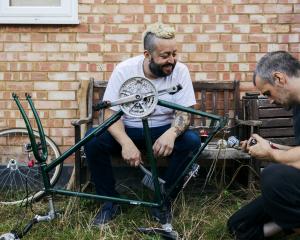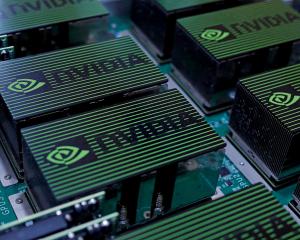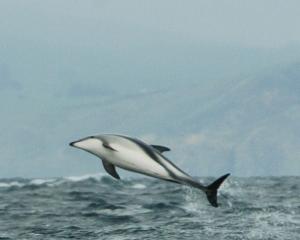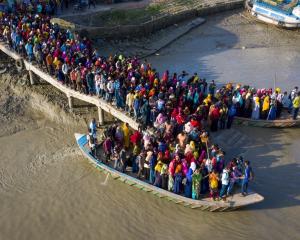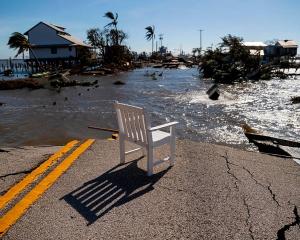
Do you know how many bicycles end up at the transfer station each year? Alex Gorrie from the Malcam Trust does — year to date the number is 455 bikes. It is Alex’s role to try to "rescue" these bikes, fix them up and pass them on to people in need with the help of young people at the Malcam Trust. Sounds great and fits the whole sentiment of "one person’s trash is another person’s treasure" just perfectly. Except there is one problem — who is currently paying for this service?
Externalities is an economic term for things that are external to the economic system and so are often paid for by social good, not paid for (i.e., environmental degradation), or we all pay via our taxes or rates for things to be made better, fixed up, healed, or trashed. The costs are not internalised to the production, the consumer or the retailer — they are passed on to all of us to pay. At the moment the costs associated with the disposal of many of the consumer goods we purchase are being "passed on" to the ratepayer through councils owning and running, or paying for privately run transfer systems and landfills to dispose of our rubbish (out of mind out of sight).
There is another issue with this system — many of the consumer goods that are being "thrown out" because they are broken can actually be fixed. Due to lack of knowledge on how to fix things (often due to a lack of information for the consumer), costs of replacement parts and costs associated with paying someone to fix something it is easier for us to just throw that item out. Sometimes the things we throw out are not even broken but we want a newer (seemingly flasher) model or a bigger version or a version with different bells and whistles (and of course we often cannot adapt our current models) so it is out with the old and in with the new!
Bicycles seem to fit into the consumer goods categories described. They are often not fixed, new models are released that are lighter and faster, or just faster as in the case of electric bikes. Young people need their bike to fit their size and therefore can need new bikes every few years to match their growth. They have many parts that do not seem replaceable and there’s the perception that unless you have a flash bike you can’t really take them into bikes shops to get fixed. As such, many bikes are thrown out and end up in landfill each year.
In Otepoti Dunedin the Malcam Charitable Trust is helping to divert the bikes that can be fixed and re-used from landfill. In total Malcam has processed 953 bikes from the landfill. This year alone the 455 bikes is a total of 5740kg that has been diverted from landfill. A total of 212 bikes have been gifted back to the community and the remainder have been scrapped for parts that have been stored to be used later. Only 2% of materials on a bicycle are non-recyclable.
This is currently being funded through waste minimisation levies — taxpayer and ratepayer monies. The social outcomes of this service are what drives the Malcam Trust — great outcomes for young people in our communities, whether our rangatahi young people learn valuable skills through fixing bikes (both social and soft skills as well as technical know-how) or whether they are given a bicycle and thus have the opportunity to own a bike; enabling mobility and exercise. These outcomes are valuable in our communities — and difficult to place a monetary value on. Yet these outcomes sit at the heart of the Malcam Trust’s values — young people helping young people in our community.
However, there is still my problem — who pays? Or really — how can this be developed to be sustainable (ecologically, socially and economically)? What business models do we need to enable a more sustainable system with many of the items we currently send to landfill? A considerable part of the solution must involve the manufacturer of the bicycles. How bicycles are produced impacts how we can re-use, fix and re-purpose the elements of a bicycle. What sort of product stewardship bicycle companies operate also impacts the end of life. The Malcam Trust has part of the solution and is keen to develop models that create sustainable change, not just for our rangatahi now through working with young people, but also importantly for future rangatahi so they are not stuck with our rubbish!
- Sara Walton



